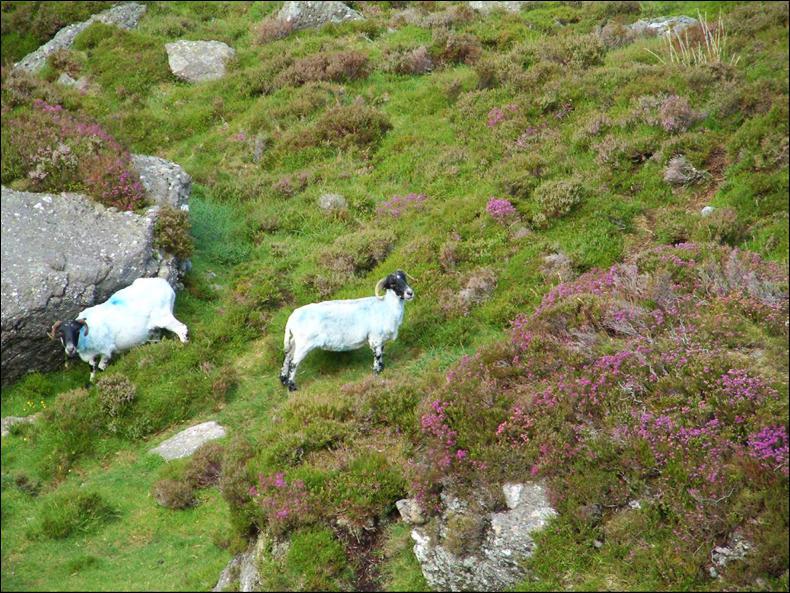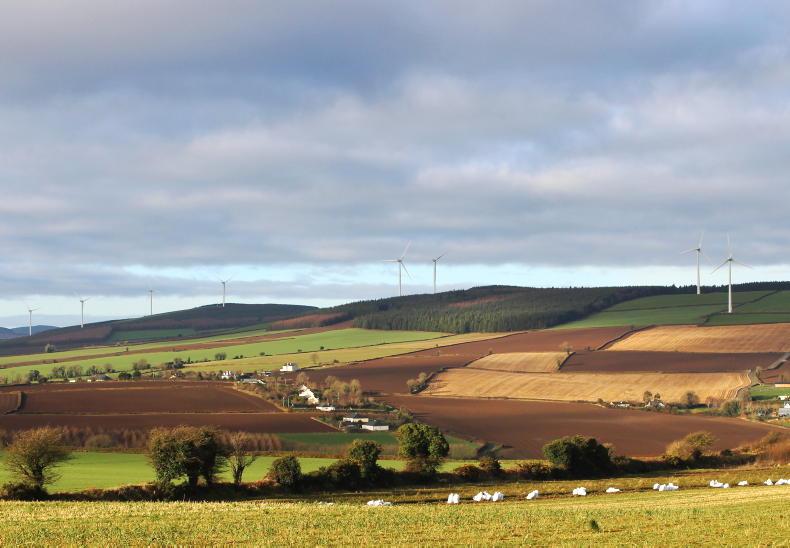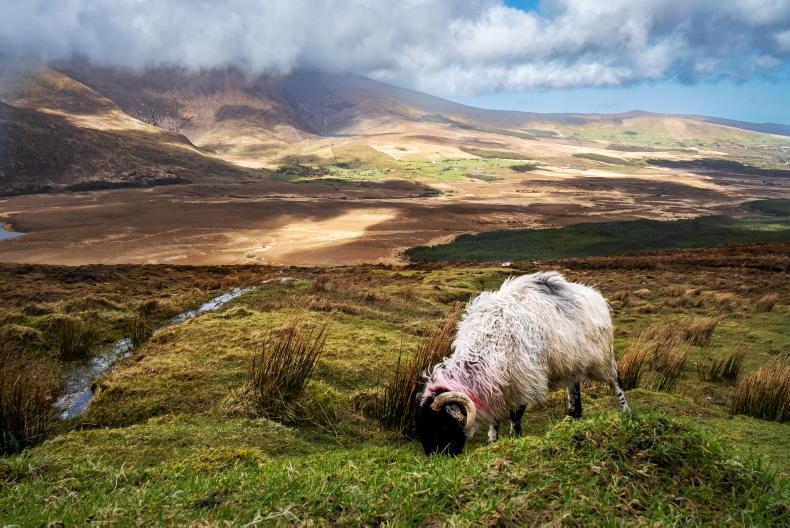Farm organisations are seeking clarity from the Department of Agriculture on the overall budget for the new results-based agri-environmental pilot, dubbed REPS 2.
The Irish Natura and Hill Farmers Association (INHFA) said the budget, along with the number of farmers that will get access to the scheme, would determine payment rates in the scheme.
The INHFA said it was vital farmers were informed of the maximum they can expect by joining the pilot.
Department officials have kept the financial details of the scheme close to their chest, with no further details emerging from engagements with other farm organisations.
Reward
During the INHFA’s meeting with officials, its president Colm O’Donnell insisted that the new REPS pilot has to reward existing good practice on farms.
“It’s vital existing good practices are rewarded in equal measure to any improvements.
“For example, 50m of an existing hedgerow is sequestering just as much carbon as 50m of a newly planted hedgerow.
“It must be recognised and paid at the same rate,” O’Donnell said.
The pilot will be implanted over the next two years, with farmers paid based on existing features in year one and rewarded for improvements in year two.
Hill farms
O’Donnell said it was important farming systems “left behind” in GLAS were included in the new scheme, as it would form the basis of the flagship scheme in the next CAP.
He highlighted that farmers on privately owned hill land and lowland farmers on heavy soils did not have a priority measure in GLAS.
“It is also vital that farmers on commonage lands are included, which is why we were very disappointed to see that no reference to commonage farming in the Department's current discussion document on this REPS pilot.
“This was an issue we addressed with the Minister and we will be watching and engaging further on it.”
Read more
'Armchair' farmers to lose out in next CAP
EU policies have shaped Irish farming
Farm organisations are seeking clarity from the Department of Agriculture on the overall budget for the new results-based agri-environmental pilot, dubbed REPS 2.
The Irish Natura and Hill Farmers Association (INHFA) said the budget, along with the number of farmers that will get access to the scheme, would determine payment rates in the scheme.
The INHFA said it was vital farmers were informed of the maximum they can expect by joining the pilot.
Department officials have kept the financial details of the scheme close to their chest, with no further details emerging from engagements with other farm organisations.
Reward
During the INHFA’s meeting with officials, its president Colm O’Donnell insisted that the new REPS pilot has to reward existing good practice on farms.
“It’s vital existing good practices are rewarded in equal measure to any improvements.
“For example, 50m of an existing hedgerow is sequestering just as much carbon as 50m of a newly planted hedgerow.
“It must be recognised and paid at the same rate,” O’Donnell said.
The pilot will be implanted over the next two years, with farmers paid based on existing features in year one and rewarded for improvements in year two.
Hill farms
O’Donnell said it was important farming systems “left behind” in GLAS were included in the new scheme, as it would form the basis of the flagship scheme in the next CAP.
He highlighted that farmers on privately owned hill land and lowland farmers on heavy soils did not have a priority measure in GLAS.
“It is also vital that farmers on commonage lands are included, which is why we were very disappointed to see that no reference to commonage farming in the Department's current discussion document on this REPS pilot.
“This was an issue we addressed with the Minister and we will be watching and engaging further on it.”
Read more
'Armchair' farmers to lose out in next CAP
EU policies have shaped Irish farming









SHARING OPTIONS